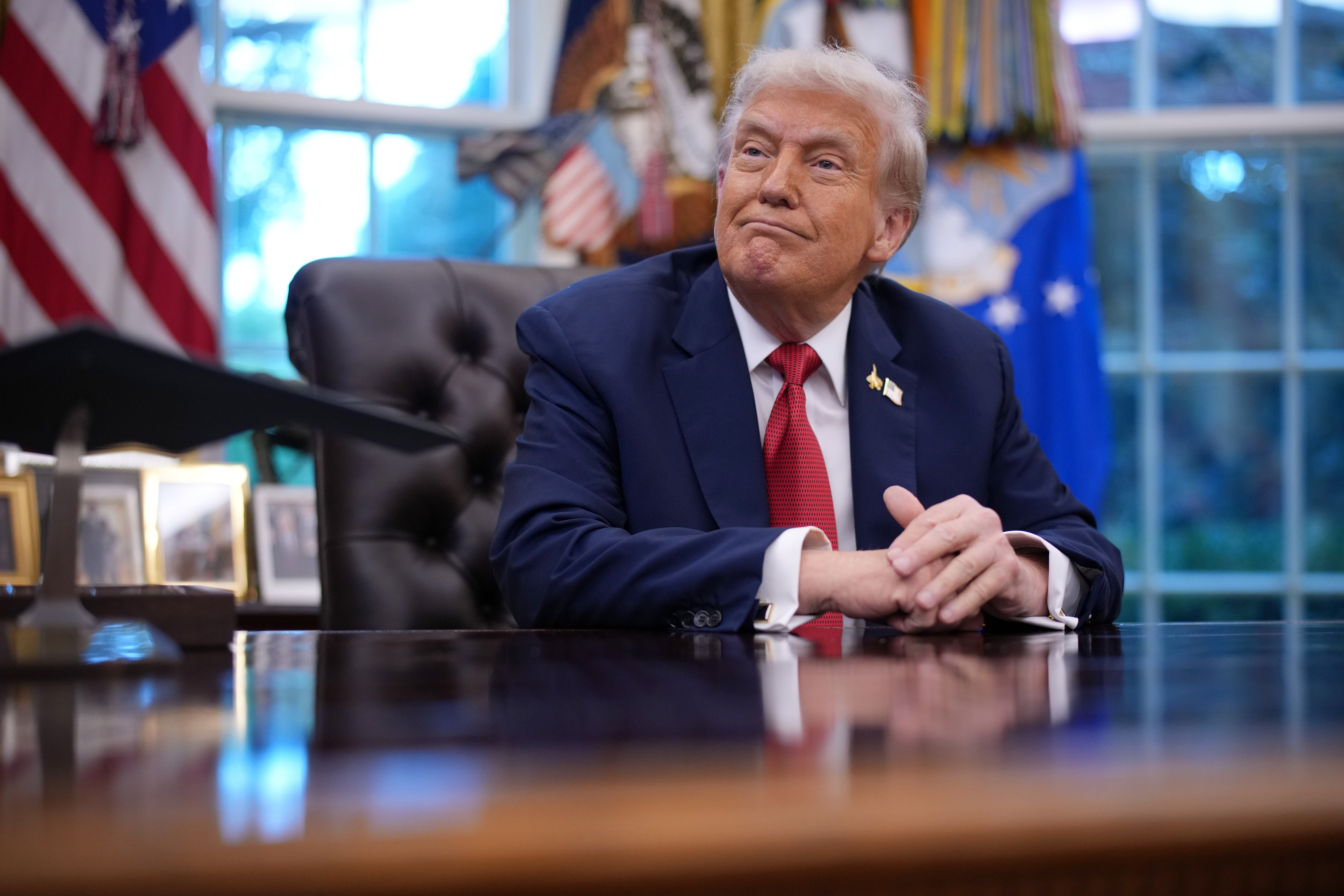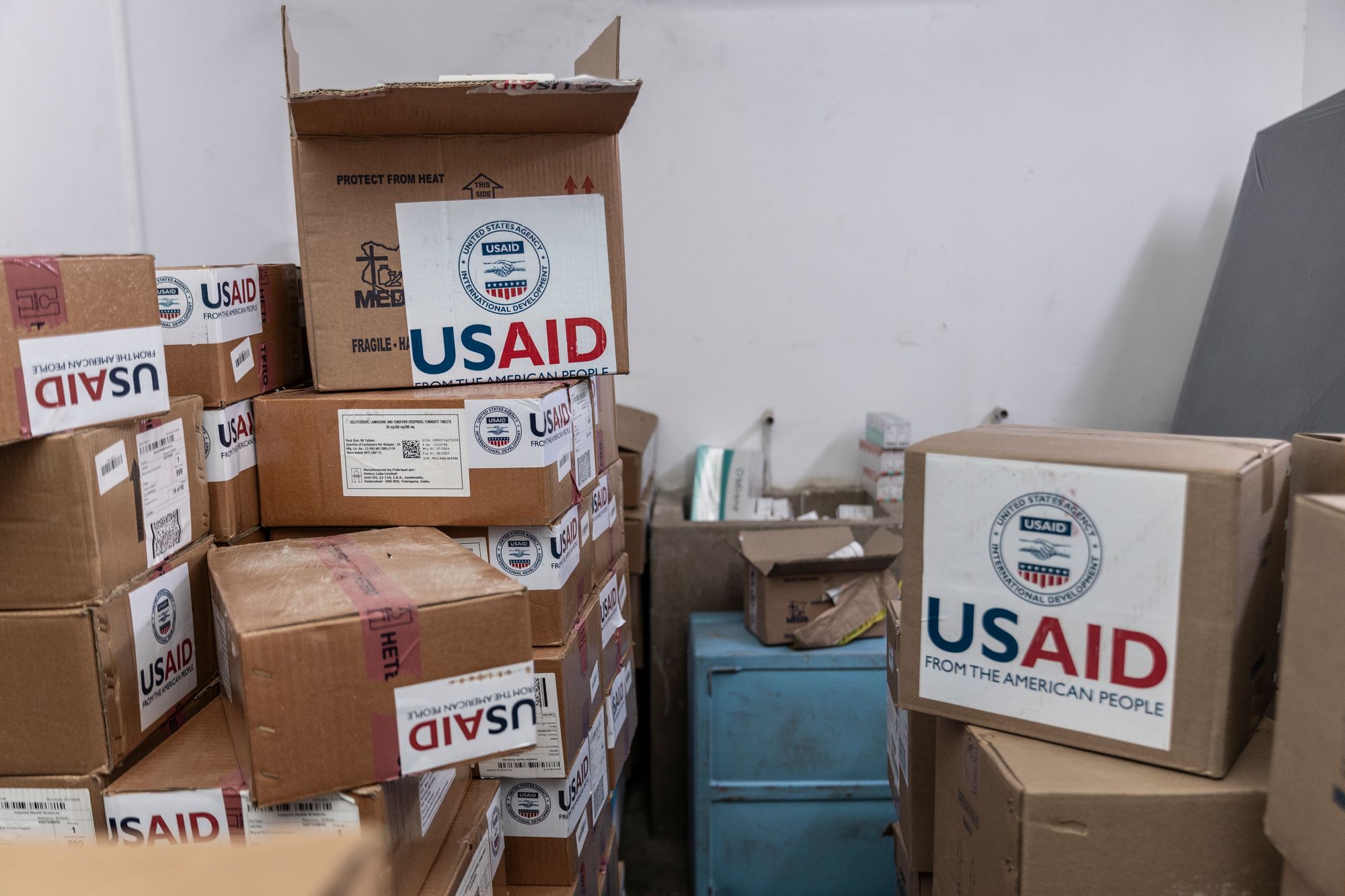The Supreme Court is allowing Donald Trump to freeze $4 billion in foreign aid payments despite Congress already allocating that money, handing another win to the president seeking to exert more authority over spending power.
All six conservative justices of the court agreed to allow Trump to freeze the billions of dollars, intended to assist global aid programs, that the president has deemed wasteful.
In a brief explanation, justices said the potential harm to the administration outweighed the harm to the plaintiffs, a group of organizations and businesses that receive the funding for aid projects. The justices indicated it could harm Trump’s “conduct of foreign affairs.”
Friday’s order is essentially an extension of a previous temporary order from Chief Justice John Roberts, which paused a lower court ruling requiring the Trump administration to spend the money by the end of September.
But justices made it clear that Friday’s ruling is not the final say in the matter as litigation continues.

Trump had sought to stop the government from spending the $4 billion on foreign aid through a little-known maneuver called “pocket rescission.”
That is when the president seeks to withhold congressionally allocated funds so close to the end of the fiscal year, that Congress cannot respond quickly enough and the funds expire.
The congressional fiscal year is set to end September 30.
Shortly after taking office in January, Trump moved to pause all foreign aid funding that did not align with his agenda, sparking a chaotic spiral.
Nonprofits and businesses that partner with the government to assist in providing clean water, nutrition, medicine, and more immediately filed lawsuits seeking to continue providing aid.
Litigation over the matter has allowed some funding to move forward, but Trump is determined to dismantle the U.S. Agency for International Development and contain federal funding to only align with his agenda.

The three liberal justices dissented, raising concerns about the ruling altering the allocation of power between the president and Congress, which is explicitly given the power to authorize government funding and spend it in the U.S. Constitution.
Justice Elena Kagan, joined by Justices Sonia Sotomayor and Ketanji Brown Jackson, said she appreciated the majority not issuing a final ruling in the matter but warned that the “consequences of today’s grant are significant.”
“The effect of its ruling is to allow the Executive to cease obligating $4 billion in funds that Congress appropriated for foreign aid, and that will now never reach its intended recipients,” Kagan wrote. “Because that result conflicts with the separation of powers, I respectfully dissent.”
The dispute over the $4 billion in foreign aid funding is just one of nearly two dozen emergency applications that the Supreme Court has agreed to intervene in for the Trump administration.
Kagan criticized her colleagues for picking up another emergency application from the administration.
She compared the “short fuse” that they were required to review the case, in just three weeks, to other cases, “of far less” importance that they will decide with oral arguments, briefings, and deliberations.
Kagan said they should have decided the case with the same consideration, allowing it to go through the lower court appeals process first.




